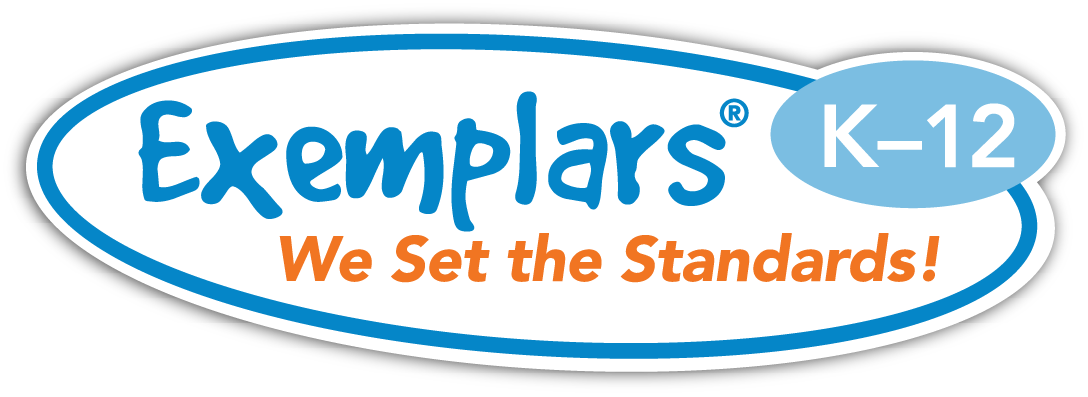Performance Tasks: What’s the Point?
Written by: Jay Meadows, Exemplars CEO & Cornelis de Groot, Ph.D., Exemplars Secondary Math Editor

More than 30 years ago, Dr. Ross Brewer, founder of Exemplars, along with others asked a very important question, “How do we determine if students can utilize the mathematics they are learning in the classroom to address and solve the complex problems they eventually will be asked to address in the 'real world'?" To answer this question, Dr. Brewer decided to develop performance tasks with the explicit purpose of putting students in the authentic role of thinker and problem solver.
Authentic Tasks and the Skills It Takes to Solve Them
Utilizing mathematics to solve real-world or authentic tasks requires more than the foundational skills of arithmetic and calculation. Authentic tasks require the knowledgeable utilization of a combination of several mathematical concepts. To solve these tasks, a person or team must decide on a strategy, choosing which math skills and tools to utilize and in what order. Once the team has determined their strategy and arrived at a solution, they must then design a clear explanation of their solution path, demonstrate and explain their thinking and articulate the reasonableness of their solution. In essence, students must learn to develop a persuasive argument and use precise mathematical language to provide clear mathematical evidence that supports their thinking.
These problem-solving skills are not innate to most students.
The Role of Intentional Practice
To help students prepare for the journey of becoming great problem solvers, teachers must clearly explain the purpose of solving these complex tasks so students can understand why they are being asked to work on tasks that can be more challenging then they are used to.
Solving these complex problems requires intentional practice. Success with performance tasks can take time. Specific stages of student understanding can be scaffolded to work methodically towards strong products. Persistent success is not going to be found if we only give performance tasks in isolation. The trajectory to mastery of problem solving can provide a rich supplement to any curriculum. Spending time having students working in teams to develop potential solution paths and persuasive arguments can help develop several skills which are fundamentals of the 21st Century: Collaboration, Communication, Critical Thinking, Creativity and Problem Solving.
Why Are Performance Tasks Important?
Why do we ask students to attempt performance tasks? Creating opportunities for students to practice authentic problem-solving skills within their classrooms, in safe and supportive environments, will provide them incredible opportunities to learn to create real solutions to real problems. In this way they can develop the ability to solve the problems of the 21st Century.
Performance tasks ask students to do far more than calculations. Rich performance tasks ask students to adapt and apply their developing knowledge and understanding of mathematics, to take risks and explore possible strategies, to persevere while being flexible with their mathematical skills and understandings in their efforts to become deep mathematical thinkers.
The Importance of Marinating
In this type of learning environment, the initial instructional priority is helping students to clearly understand the task they are working to solve. This goes beyond simply highlighting keywords. Instead, we must ask students to talk with each other about the task: What are they being asked to solve, what strategies have they learned in the past that may connect to this task and help them to find a solution? What do they know and wonder from the task? This time spent marinating in the task is a foundational skill for the great problem solvers throughout history. Often the most important time spent in solving a task is the time spent carefully looking at and contemplating a task. Additional time realizing how a new task connects with something the students have done in the past can provide a strategy for getting started. “How does my prior knowledge possibly connect with this new task?”
Great problem solvers spend more time marinating in a task than in any other phase of the problem-solving process.
As students work this spring to succeed on end-of-the-year tests, remember there are powerful tools, like performance tasks, for preparing them to be ready to use the math concepts and skills we spend years helping them develop. These high-level expectations will help develop a generation of great problem solvers.

